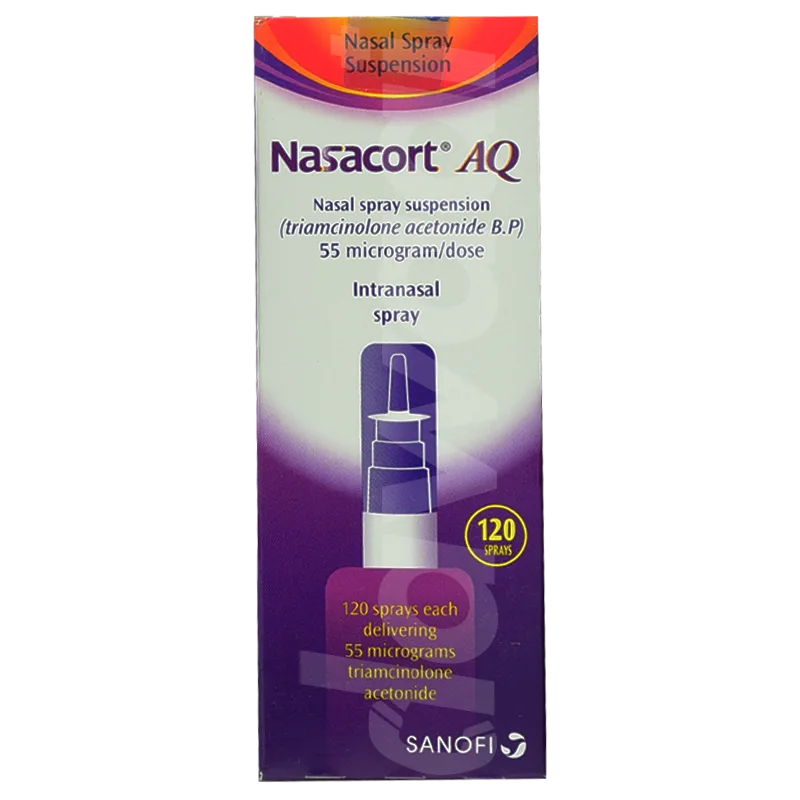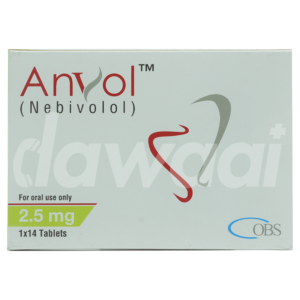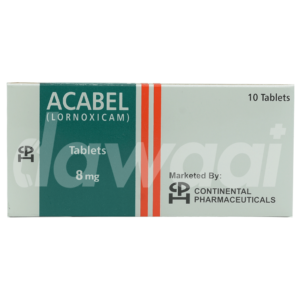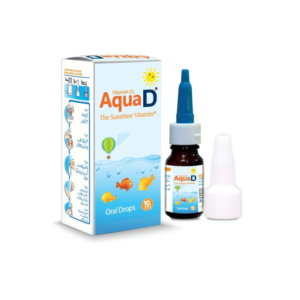Introduction
Expert Advice
- Take oral from with or after meals. To prevent abdominal upset take with meals.
- Do not stop taking medicine abruptly, gradually lower down the dose then stop.
- Contact the prescriber if there is worsening of condition.
- Avod alcohol, limit intake of caffeine and stimulants.
- If you have diabetes check glucose regularly and inform your doctor about any changes because dosage may need adjustment.
- Avoid crowded places to prevent infections.
- Have regular eye examination if you are on long-term therapy.
Primary Uses
Ankylosing Spondylitis
Indications
This medicine is used in patients to suppress inflammatory and allergic disorders; rheumatic disease (pain and swelling in different body parts).
Side Effects
Endocrine (hormonal) irregularities, including menstrual problems, cushingoid state (weight gain, facial puffiness), adrenal (hormone of adrenal gland) suppression, growth suppression in children, increased susceptibility to infection, increased severity of infection. Fluid/electrolyte disturbance, hypertension (high blood pressure), negative protein, nitrogen and calcium balance, fractures, impaired wound healing, swelling, acne, diabetes, GI disturbances, psychiatric effects, weight gain, increased appetite, increased intraocular pressure (rise in pressure inside the eye) etc.
Warnings
 Pregnancy
Pregnancy
No definite data regarding pregnancy is available. Consult your doctor before using this medication.
 Lactation
Lactation
Effect is undetermined in lactating females. Consult your doctor before using this medication.
 Driving
Driving
Please avoid driving when taking this medicine as it may affect your ability to drive.
 Precautions
Precautions
Patients should give a complete history of TB (bacterial infection), septicemia (blood poisoning due to invasion of bacteria into the bloodstream). Avoid or maintain extreme cautions in chicken pox (viral infection characterized by itchy rash and fluid filled blisters), measles (viral infection), psychiatric disorders, renal (kidney) impairment, hepatic (liver) failure, cirrhosis (condition in which liver fails to function properly), activer peptic ulcer (sores on the inside lining of stomach), myasthenia gravis (muscle weakness), osteoporosis (a condition characterized by weakening of bones), epilepsy (a disorder of abnormal brain activity causing seizures), diabetes, hypertension (high blood pressure) etc
Contraindications
This medicine is contraindicated in head injury, stroke and systemic fungal infections unless specific anti-infective therapy is used.
FAQS
How long does this medication stay in your system?
This medication stays in the body for about 24 to 48 hours.
Can I use too much of this medication?
Do not use more or less of this medication. Apply as prescribed by your doctor.
How long will triamcinolone stay in the body?
Studies suggest that its single intramuscular dose can cause adrenal suppression within 24 to 48 hours. It gradually returns to normal in about 30 to 40 days.
What foods should i avoid while taking this medication?
Avoid alcohol and limit caffeine intake.
I am diabetic. What precautions should I take?
Check your glucose levels regularly and inform prescriber if there are any changes in the readings.
Disclaimer
Dawaai’s intention is to make sure that it’s consumers get information that is accurate, reviewed by an expert and error-free. However, the information mentioned here should not be used as a replacement for the advice of a qualified physician. The information given here is for informational purposes only, which may not cover all possible precautions, side effects, contraindications or drug interactions. Consult your doctor and discuss your queries related to any medicine or disease.






Reviews
There are no reviews yet.